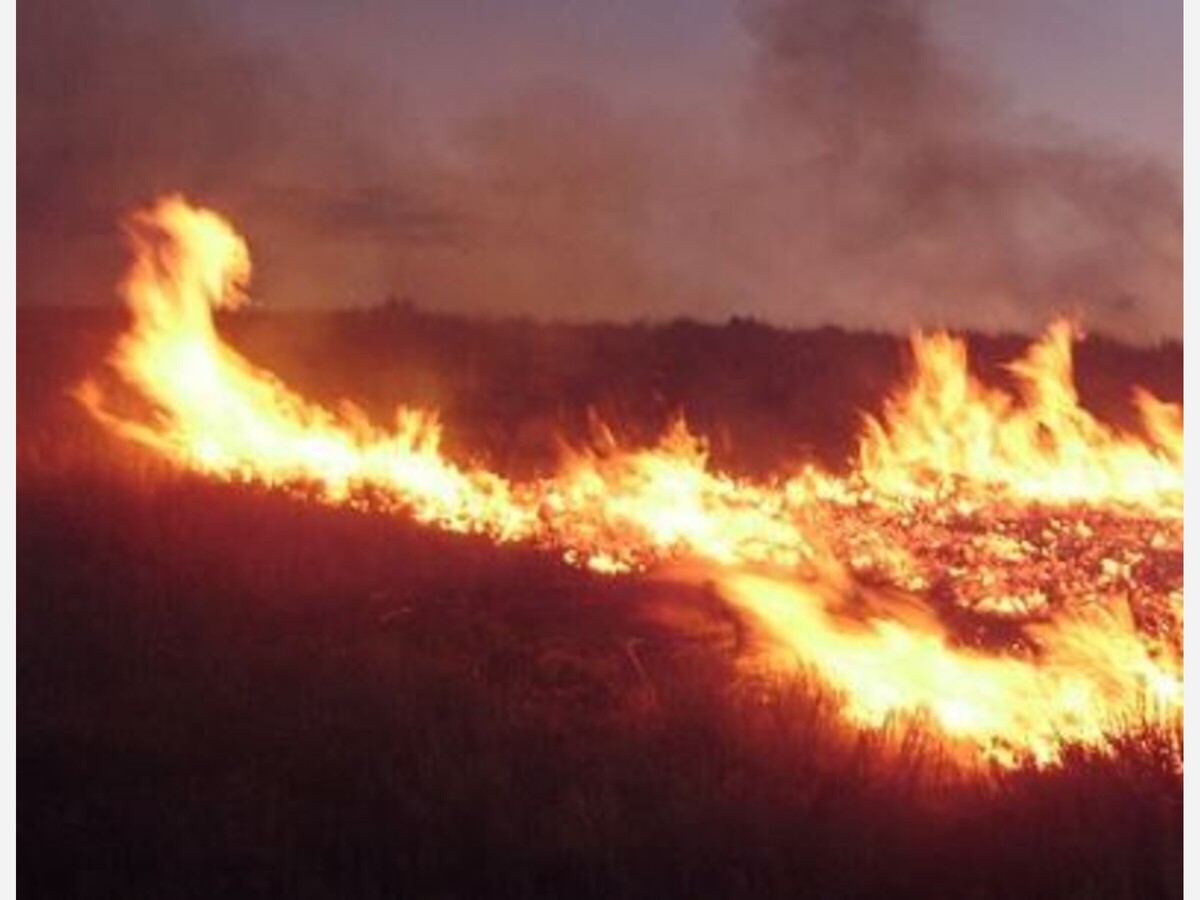Image

Massachusetts is not California, but current fire dangers could put the region at risk.
Citing that ongoing danger to firefighters and residents, the Fire Chiefs Association of Massachusetts has recommended that all local fire chiefs deny any fire-related permit requests and collaborate with local officials to prohibit any recreational fire activity. Fire Chiefs have the authority to prohibit the use of open flames and other ignition sources in hazardous conditions under Section 10.10.2 of the Massachusetts Comprehensive Fire Safety Code.
“Given the current and expected weather conditions, the Fire Chiefs Association of Massachusetts’ Board of Directors strongly recommends that all our members temporarily deny all fire permit requests and work with municipal officials to impose outdoor fire bans in every city and town in Massachusetts at least through Friday, Nov. 8, 2024,” wrote Foxborough Fire Chief Michel Kelleher, president of the Fire Chiefs Association of Massachusetts. “The number and nature of these incidents pose a grave risk to our personnel and the communities we serve. Beyond the direct hazard posed by an out-of-control wildland fire, every firefighter battling a preventable outdoor fire is a firefighter who cannot respond to an unrelated structure fire, motor vehicle crash, medical call, or other emergency.”
As of last night, 87 brush and wildland fires had been reported in the preceding seven days, burning about 483 acres. This tally includes four new fires reported in the previous 24 hours.
Some of the significant fires included:
With no precipitation, winds of 5 to 10 mph, fresh leaf litter, and direct sunlight on surface fuels, the outdoor fire risk remains very high today – and because about 45% of Massachusetts homes are in or near wooded areas, any of these fires could put people and property in danger. This is a time to exercise extreme caution with any activity involving sparks, flames, or heat sources outside:
Motorists may encounter moderate to heavy smoke near some of the bigger fires and should exercise caution in the event of limited visibility. Poor air quality caused by wildfire smoke can also make allergies worse and cause respiratory infections especially for people with heart disease, asthma, and other lung diseases.